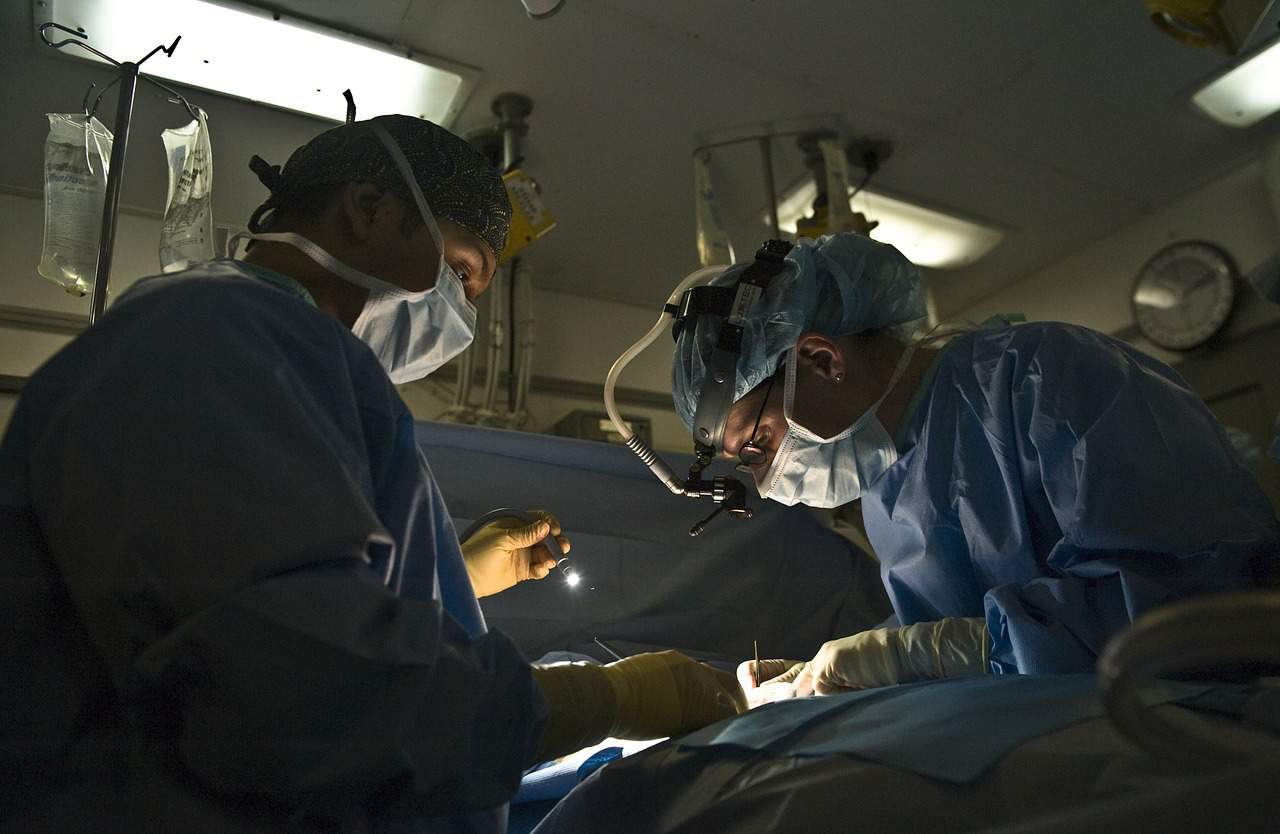Obese men who undergo weight loss surgery can experience a number of health benefits from their efforts. Among them, bariatric surgery boosts testosterone levels, according to the findings of a joint study at University of Alberta and McMaster University in Canada.
Obesity and testosterone
Numerous studies have provided evidence that obesity has a negative impact on a man’s testosterone levels, sexuality, prostate health, and overall health. Low testosterone, for example, is associated with erectile dysfunction, low sperm count, loss of sex drive, and various symptoms of male menopause (andropause).
Obesity also has an impact on male fertility. For every 20 pounds a man is overweight, the odds of male infertility increases by 10 percent.
Bariatric surgery boosts testosterone
In this new study, researchers evaluated data from more than 1,000 patients who participated in 28 studies that examined the impact of bariatric surgery on male sex hormones or sperm properties conducted between 1998 and 2018. Overall, the experts noted:
- A significant increase in testosterone levels following bariatric surgery
- Levels of luteinizing hormone and follicule-stimulating hormone rose, and they are involved in testosterone production
- Levels of sex hormone binding globulin (SHBG) also increased, and this hormone controls the amount of testosterone the body uses
- Levels of estradiol and prolactin declined. High prolactin interferes with testosterone production
- All of these hormonal changes were associated with improved erectile function following surgery
- Very little difference in sperm characteristics (e.g., concentration, volume, motility) were noted
In another recent study, although smaller, Brazilian investigators noted the pre- and postsurgery results of 29 men who underwent bariatric surgery and those of 29 controls. Within six months of surgery, total testosterone and weight were significantly improved.
Spanish researchers conducted a similar study in 20 severely obese men. Within two years of bariatric surgery, the men experienced increases in total testosterone and free testosterone and declines in fasting insulin and leptin (hormone associated with hunger control).
Other ways to boost testosterone
Losing weight is just one way to increase a man’s low testosterone levels. A few other lifestyle choices can benefit your T levels as well.
- Exercise regularly, especially high-intensity interval training (HIIT) and resistance training (e.g., weight lifting). Be aware, however, that excessive cardio can actually lower testosterone levels.
- Maintain a healthy weight and lean muscle mass. Even if you are not a candidate for bariatric surgery, carrying excess body fat, which stores estradiol, can lower testosterone.
- Get 7 to 8 hours of sleep per night. The body produces testosterone during sleep, so if you skimp on your zzzzs, your T suffers.
- Manage stress. The stress hormone cortisol interferes with testosterone production. Practice stress reduction daily, be it exercise, yoga, meditation, massage, tai chi, progressive relaxation, or whatever method that works for you.
- Get enough vitamin C. This potent antioxidant reduces cortisol levels, which in turns allows the body to make more testosterone.
- Get rays. Your body produces vitamin D from sunlight, and this vitamin is a natural testosterone booster. If you can’t get 15 to 20 minutes of sun exposure at least four to five days a week, consider taking a vitamin D supplement.
References
Calderon B et al. Lack of improvement of sperm characteristic sin obese males after obesity surgery despite the beneficial changes observed in reproductive hormones. Obesity Surgery 2019 Jul; 29(7): 2045-50
Rigon FA et al. Effects of bariatric surgery in male obesity-associated hypogonadism. Obesity Surgery 2019 Jul; 29(7): 2115-25
Sarma J. Bariatric surgery can make men more virile by increasing testosterone levels. The Healthsite 2019 Aug 23







